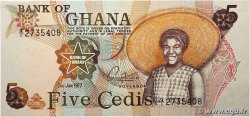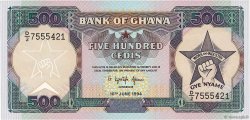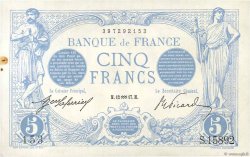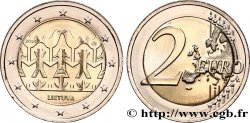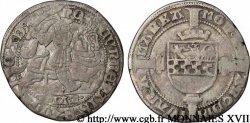Back 1/1
fwo_976132 - GHANA 2 Shillings Kwame Nkrumah / étoile 1958
15.00 €(Approx. 17.55$ | 13.05£)
Quantity
Add to your cart

Type : 2 Shillings Kwame Nkrumah / étoile
Date: 1958
Quantity minted : 34400000
Metal : copper nickel
Diameter : 26,5 mm
Orientation dies : 12 h.
Weight : 8,93 g.
Edge : striée
Catalogue references :
Obverse
Obverse legend : CIVITATIS GHANIENSIS CONDITOR // P.V. // * KWAME NKRUMAH *.
Obverse description : buste à droite de Kwame Nkrumah.
Reverse
Reverse legend : GHANA // 19 58 // TWO SHILLINGS.
Reverse description : étoile.
Commentary
Kwame Nkrumah (1906-1972) est le père de l’indépendance du Ghana et son premier président. Dernier premier ministre de la Côte-de-l’Or en 1951 sous administration britannique, il remporte une victoire écrasante aux élection législative de 1957, ce qui oblige le Royaume-Uni à concéder l’indépendance le 6 mars 1957. Le pays est rebaptisé Ghana qui devient une république au sein du Commonwealth en 1960. Intérieurement les mauvais résultats économiques accentués à partir de 1962 par une politique collectiviste entraînent un durcissement politique. Il sera renversé en 1966 et mourra en 1972 à Bucarest..
Kwame Nkrumah (1906-1972) is the father of Ghana's independence and its first president. The last prime minister of the Gold Coast in 1951 under British administration, he won a landslide victory in the 1957 parliamentary elections, forcing the United Kingdom to grant independence on March 6, 1957. The country was renamed Ghana, which became a republic within the Commonwealth in 1960. Internally, the poor economic performance, accentuated from 1962 by a collectivist policy, led to a political hardening. He was overthrown in 1966 and died in 1972 in Bucharest.
Kwame Nkrumah (1906-1972) is the father of Ghana's independence and its first president. The last prime minister of the Gold Coast in 1951 under British administration, he won a landslide victory in the 1957 parliamentary elections, forcing the United Kingdom to grant independence on March 6, 1957. The country was renamed Ghana, which became a republic within the Commonwealth in 1960. Internally, the poor economic performance, accentuated from 1962 by a collectivist policy, led to a political hardening. He was overthrown in 1966 and died in 1972 in Bucharest.








 Report a mistake
Report a mistake Print the page
Print the page Share my selection
Share my selection Ask a question
Ask a question Consign / sell
Consign / sell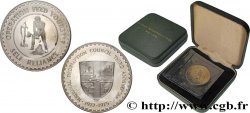
 Full data
Full data
